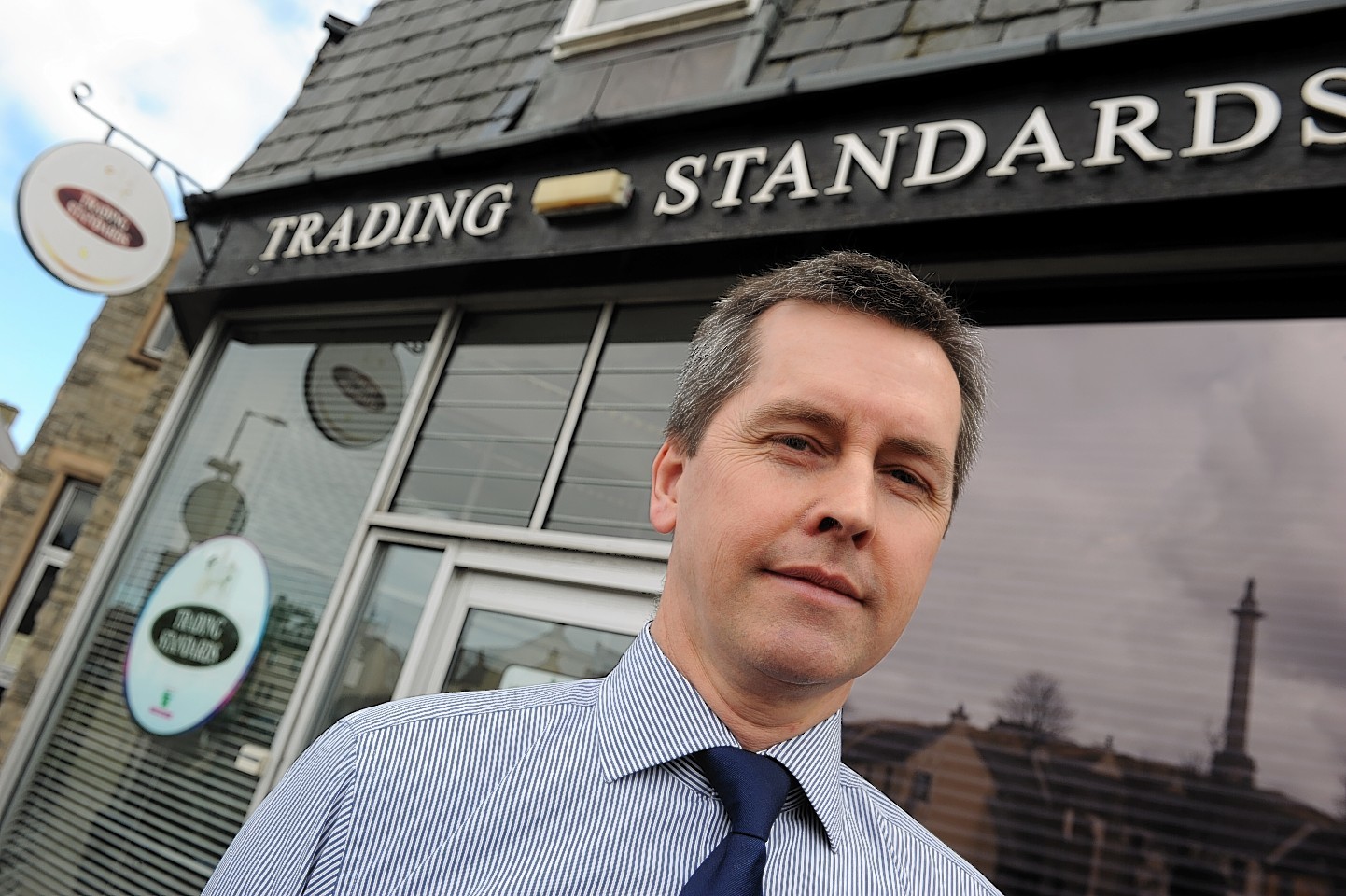Moray residents are being warned to be vigilant after an influx of complaints about bogus health professionals offering home therapy services.
Moray Council and NHS Grampian have both received complaints about cold-callers posing as employees of the health board in an attempt to sell equipment to assist with pain relief at hugely inflated prices.
Trading standards officers have revealed that telephone crooks are pretending to offer advice as a guise to pitch expensive therapy items, such as specialist beds and chairs.
Some of the scammers have arranged home visits with their victims.
However, their intended victims have reported that once the scammers arrived at their home, it became clear the real reason for their visit was to sell pricey mattresses, rise-and-recline chairs and other aids.
Peter Adamson, the council’s trading standards manager, said his team was taking part in a nationwide investigation, with similar incidents being reported across Scotland.
“We would ask that people are careful about who they let into their home,” he said.
“These businesses are using clever telephone techniques to make it appear that they have confidential information about the patient’s condition and treatment to arrange a home visit.
“Once in a person’s home, they will use unscrupulous and persuasive tactics to secure a quick sale but their claims will often turn out to be false or the goods are not suitable.”
Elgin councillor Patsy Gowans, who works with the Moray Adult Protection (MAP) committee, urged people to speak out to help tackle such incidents.
She said: “This is financial abuse, but it is also manipulative and menacing if they manage to get the transactions through.
“Fighting this is not just about the council. It is all about raising awareness and engaging through the media, community planning partners Grampian-wide.”
NHS Grampian said it was concerned to hear that some patients had been targeted in such a way, but reassured the community that no personal information had been shared with external agencies or service providers without the explicit consent from the individual patient.
Mr Adamson encouraged any patients who have been approached to contact their district or specialist nurse.
